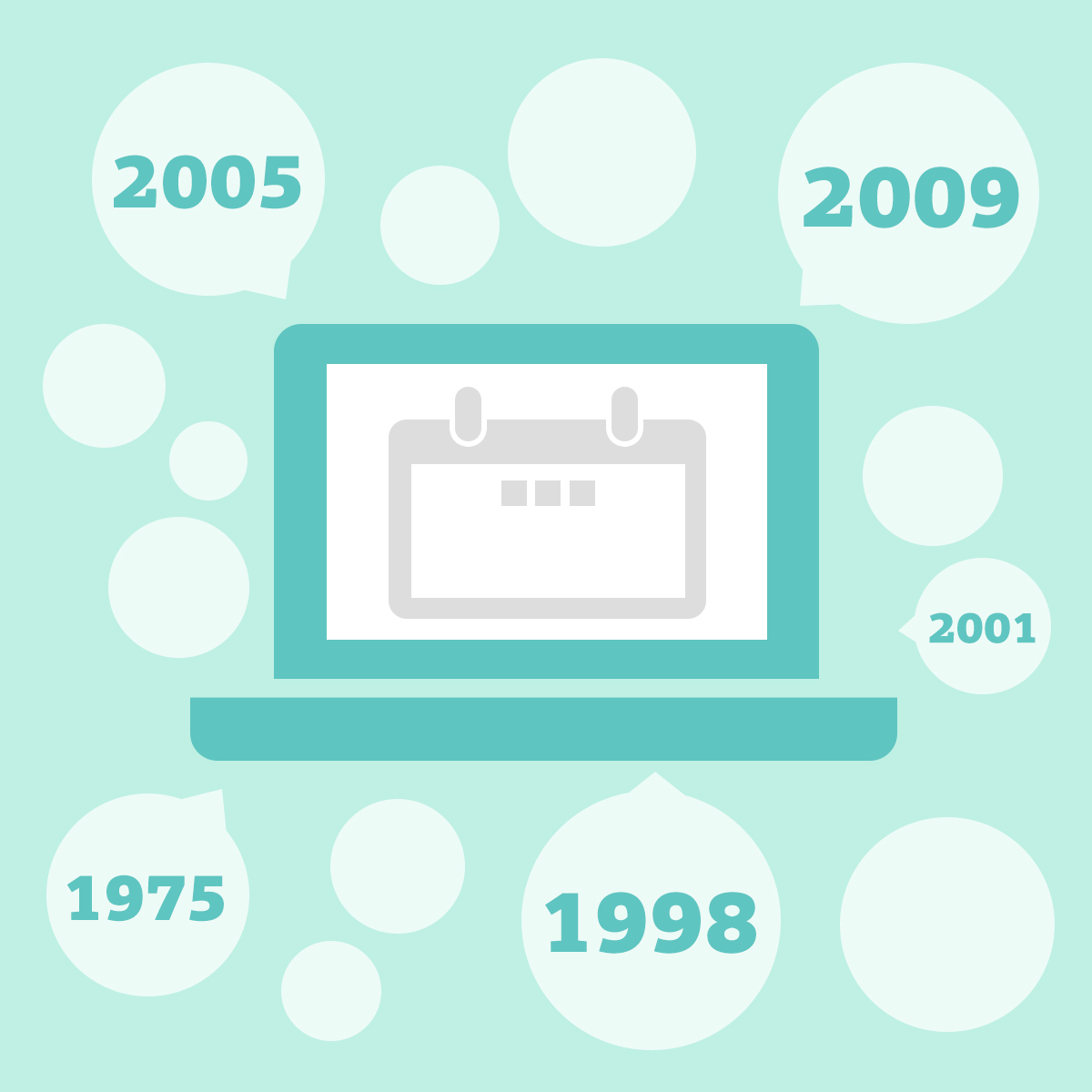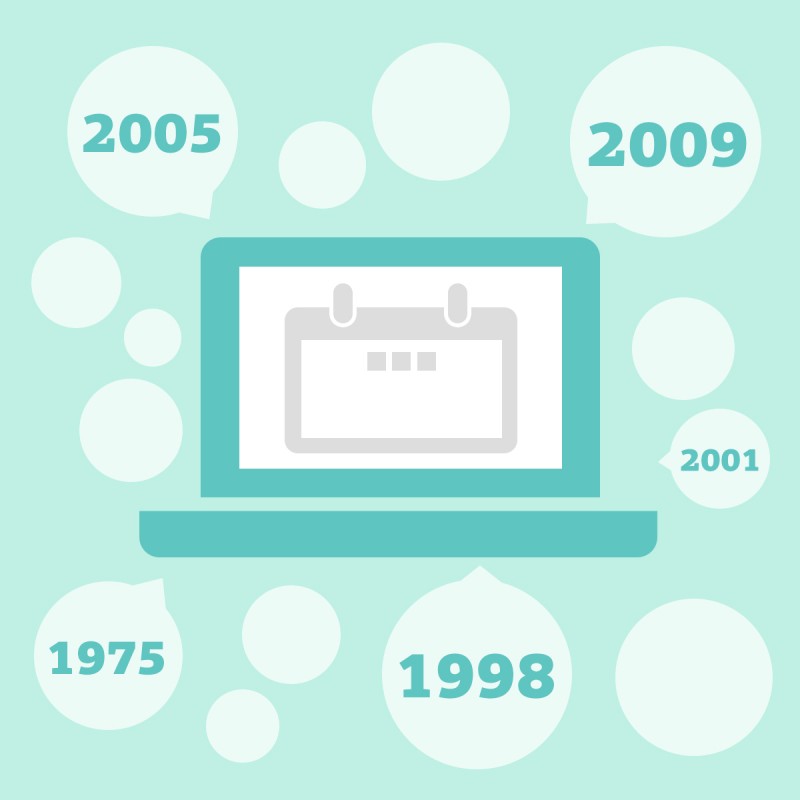UW prof preserving history online

The internet never forgets

The Internet never forgets.
Past political promises and statements are now available for the public through webarchives.ca, a non-partisan search platform portal that contains archived websites of 50 political parties and political interest groups.
The data was collected by University of Toronto Libraries and given to Ian Milligan, history professor at University of Waterloo.
His expertise and research focuses on the use of web archives by historians, which allowed for the data to be accessible and user-friendly.
“They [University of Toronto] have been collecting it since 2005, but there is no real way to access the material and play with it meaningfully, so they gave me the data to try and make it accessible,” said Milligan.
The archive stems from Milligan’s bigger project, Web Archives for Historical Research Group, which links “history and big data” in order to interpret these sources from the web.
The project was discussed in January, and the building of the archive began in May.
“I’ve been working on this bigger project since 2012. So lots of work on my own end, playing with different connections trying to figure out how historians are going to be able to work with the web as a source.”
Milligan said with the use of the archive, he has found “interesting stories” for different political parties.
For example, the Green Party used user-generated content and hosted a blog on greenparty.ca, which allowed sharing of thoughts on recent news and facilitated a discussion on the direction of the party. Between 2012 and 2013, this feat was eliminated to keep on topic.
“Some of those comments got a little bit out of hand … they were talking about things maybe the Green Party wouldn’t want them to talk about on their website,” said Milligan.
Justin Trudeau’s growth and progression as a candidate can be observed by how often he is mentioned on their website. In 2006, he was a chair on the Katimavik Youth Program.
Years later, after becoming a candidate for the Liberal Party he was elected as party leader. “It’s just a great story of somebody evolving within the political party,” said Milligan.
In 2005, the Conservatives attacked the Liberals for their disregard for missing Indigenous women. A decade later, the Liberal party is now attacking the Conservatives for the same issue.
Milligan points out the reversal and the different positions both parties were taking.
Milligan stressed the importance of preservation. The most interesting idea he’s found is how quickly political party websites change and delete old material when a new leader comes in or when a policy change takes place. He uses the example of the New Democratic Party recently deleting their policy manual on their website so it accurately represents their brand.
“It really is something that you need to preserve, otherwise you’re going to lose it. If we don’t grab this material, it won’t be there. It very quickly disappears,” Milligan explained.
While there have been some media interest, Milligan has not received any direct feedback from any political party.
He said Google Analytics can display which Internet service providers are used to visit the site, and has confirmed people from the House of Commons have been browsing the archive.
Milligan highlights three hopes he has for this project: one is to have a better-informed public as they go into the election.
To bring forth an understanding of web archiving and to raise awareness that archiving is necessary in the preservation of information for reference.
“You can’t do a history of the 1990s, unless as a historian, you use web archives. That’s where we live our lives. So I think this is sort of an indication of what we’re going to do in the future.”

